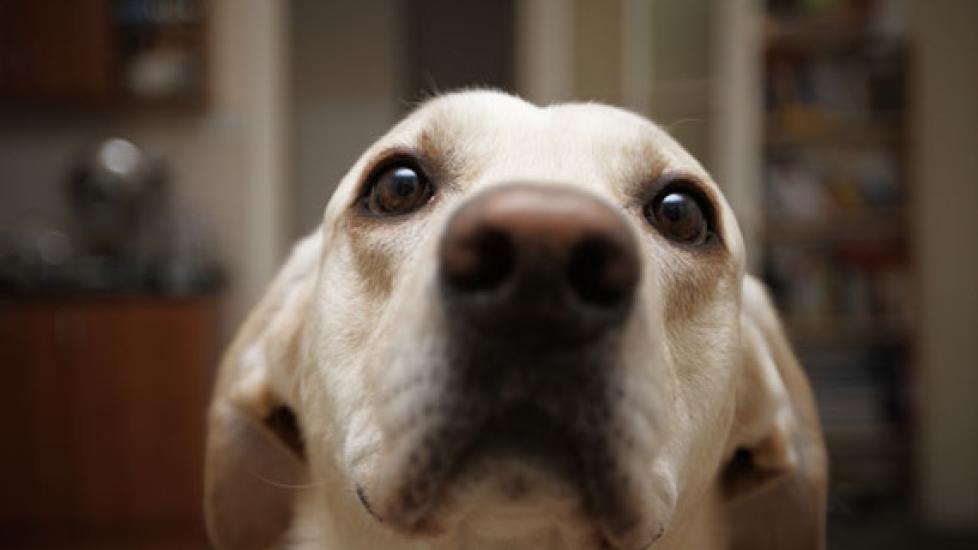The Kidney Disease in Pets You May Not Know About: Glomerulonephritis
Unless you have had a pet with “glomerulonephritis” you have probably never heard of this disease. But this is a special type of kidney disease that is quite common in pets, especially certain breeds of dogs. It is a condition that can be detected much earlier than other types of kidney diseases that lead to kidney failure. Early detection, the right treatment and the right diet can improve the quality of life for pets with glomerulonephritis.
What is Glomerulonephritis?
The glomerulus is the part of the kidney that selectively filters waste, water, and other chemicals from the blood. The waste is eliminated from the body in the urine. This filter protects against the loss of vital blood products, especially proteins, into the urine. Persistent irritation or inflammation causes swelling of the glomerulus. The swelling makes it more porous so important blood proteins, leak through the filter and are lost in the urine. Persistent inflammation can be caused by:
- Auto-immune conditions
- Breed genetic defects
- Bernese Mountain Dogs
- Bull Terriers
- Cocker Spaniels
- Springer Spaniels
- Doberman Pinchers
- Golden Retrievers
- Lhasa Apsos
- Shih Tzus
- Soft-coated Wheaton Terriers
- Viral diseases
- Bacteria or parasite infections
- Hormone diseases that promote inflammation
- Antibiotics and other drugs
- Cancers
- Over vaccinations (speculation that yearly vaccines over-stimulate the immune system)
Protein losses in the urine lead to:
- Weight and muscle loss
- Water retention
- High blood pressure
- Fluid accumulation in the abdomen and legs
Dogs 4-8 years old seem to be at the highest risk for developing glomerulonephritis. Dogs with inherited genetic disease can show urine changes or symptoms of disease earlier in life.
Glomerulonephritis can be easily detected by simple urine tests. Simple routine screening for the amounts of urine microalbumin, a blood protein, can be suggestive for the condition. If the urine is positive for abnormal levels of microalbumin, another urine test that looks at the ratio of urine protein to urine creatinine (breakdown product of muscle metabolism) can be done on the same urine sample. A higher than expected protein-to-creatinine ratio makes the condition very likely. High risk breeds should have their urine checked yearly.
Glomerulonephritis eventually leads to kidney failure, so it is important to find and treat the cause when possible (bacterial or parasitic infections, hormonal diseases). The final diagnosis is made by looking a tissue sample taken from the kidneys. In most cases, the damage cannot be arrested or reversed and can only be managed.
How is Glomerulonephritis Managed?
Early treatment with medications to lower blood pressure and low-dose aspirin seems to work best. Low doses of aspirin given every other day or every third day can be safely given to cats. Combined with diet changes, the life of pets with glomerulonephritis can be extended.
What is the Best Food for Dogs with Glomerulonephritis?
Low protein diets work best for dogs with glomerulonephritis. High protein diets actually increase the loss of protein in the urine. Veterinary diets that are low in protein, high in carbohydrates and fats are widely available, but often they are not very appealing to many pet, especially cats. Homemade diets offer more choices of meat, carbohydrate, and fat and can be tailored to a pet’s individual tastes. Fish oil with DHA and EPA added to the diet helps reduce the inflammation in the glomerulus and protein loss.
Pets with glomerulonephritis need these diets for life, so homemade food recipes need to be specially formulated with less protein but still adequate in essential amino acids. These recipes also need vitamin and mineral supplements that meet all of the necessary daily requirements.

Dr. Ken Tudor
Image: Jaromir Chalabala / Shutterstock
